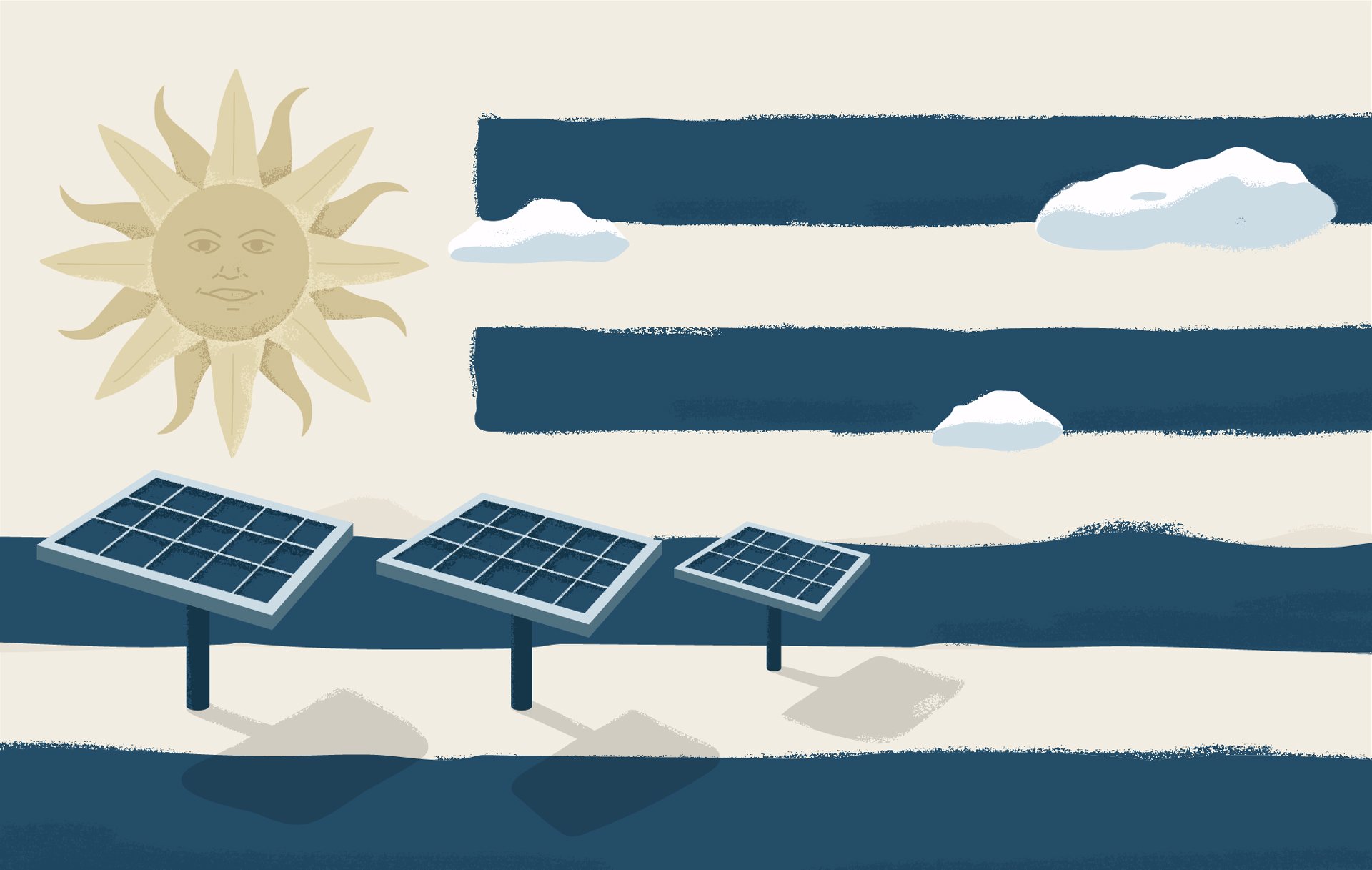- cross-posted to:
- [email protected]
- cross-posted to:
- [email protected]
“with wind the single-biggest contributor… Power production costs have declined “by almost half” … And the clean energy sector has created 50,000 new jobs… Ask me what was the impact on the electricity sector in Uruguay after this tragic war in Europe — zero.”



We really need to think of biomass as batteries. In both cases, it’s tough to scale up enough for full coverage but we know how to store biodiesel or ethanol, it’s very energy dense. Scattering a bunch of diesel generators with big biodiesel tanks might be a better answer than batteries for when the wind doesn’t blow
It also ensures a market and distribution industry for farming and construction vehicles where batteries may not work
It takes a decade and quite a bit of space to make a tree (for example), it’s technically renewable but the fuel production is very slow. I’m curious how they’re planning to keep that up
Other things grow faster and take up less space than trees. For example most biofuel is made from maize and sugarcane.
eyy thank you! That makes sense! You seem to be the only one to actually try to answer my question :/
I know where to look further! thank you!
No problem :) It was interesting to read a bit more about it. I reckon hemp would be the ultimate one though - super fast growing, will grow in most climates and really versatile for making fibers.
And the extra material wouldn’t go to waste! That is a good idea
Also how is biomass a battery? You can’t put energy back into a forest
Lots of devices still use batteries that do not recharge.
Ever heard of AA batteries?
You burn it, and it generates electricity in a thermal plant. Or you can use it directly to heat a boiler to heat buildings.
It’s a very slow charging battery is all.
Anything that stores energy can be a battery.
By that logic you could also not call the flat thing inside a phone a battery because it can’t feed back into the grid.